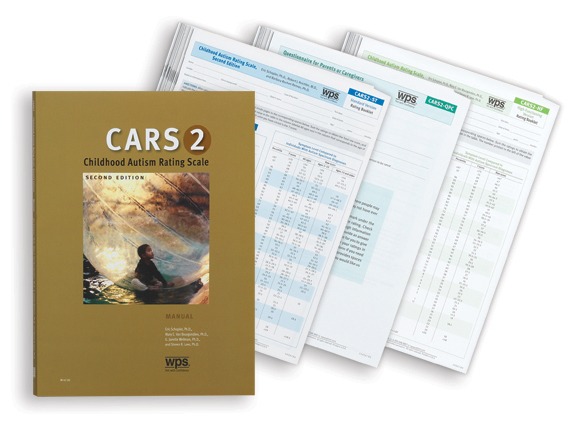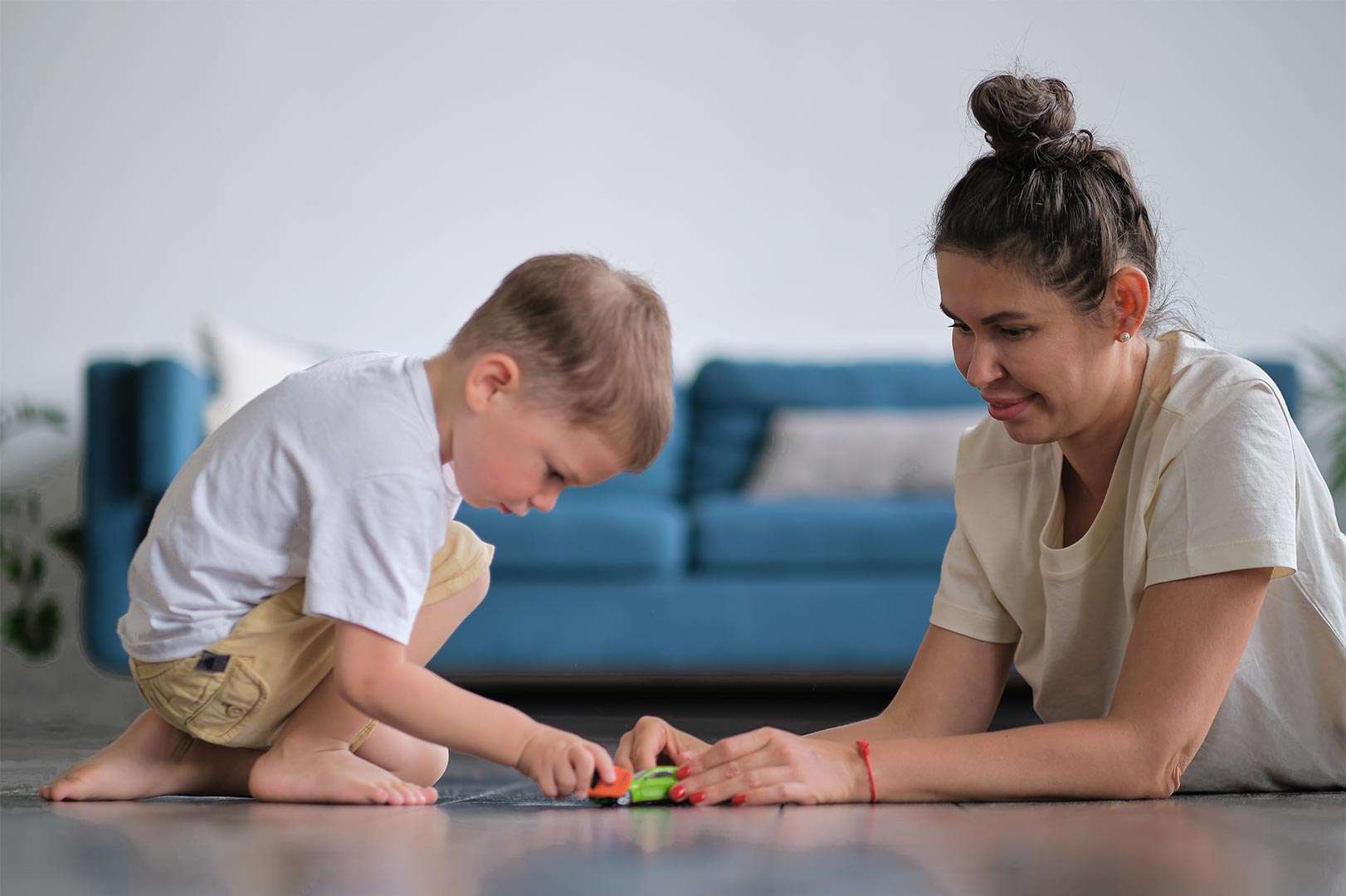Developmental assessments are important for all children, but they are especially important for children with autism spectrum disorder (ASD). ASD is a complex developmental condition that can affect a child’s social communication, behavior, and cognitive skills. Early identification and intervention can make a big difference in a child’s long-term outcomes.
What is a developmental assessment?
A developmental assessment is a process of evaluating a child’s skills and development in key areas, such as:
- Social communication (e.g., eye contact, joint attention, imitation, play)
- Language (e.g., understanding and using language, expressive language)
- Cognitive skills (e.g., problem-solving, reasoning, memory)
- Motor skills (e.g., gross motor skills, fine motor skills)
- Adaptive skills (e.g., self-care, daily living skills)
Why are developmental assessments important for children with ASD?
Developmental assessments can help to:
- Identify a child’s strengths and weaknesses
- Diagnose ASD and other developmental conditions
- Develop a treatment plan that is tailored to the child’s individual needs
- Monitor the child’s progress over time
What types of developmental assessments are available?
There are many different types of developmental assessments available. Some assessments are general, while others are more specific to certain areas of development. Some assessments are standardized, while others are more informal.
Common developmental assessments for children with ASD include:
- Autism Diagnostic Observation Schedule (ADOS-2)
- Autism Diagnostic Interview-Revised (ADI-R)
- Gilliam Autism Rating Scale (GARS-3)
- Childhood Autism Rating Scale (CARS-2)
- Mullen Scales of Early Learning (MSEL)
- Bayley-III Scales of Infant and Toddler Development
- Peabody Picture Vocabulary Test-5 (PPVT-5)
- Expressive One-Word Picture Vocabulary Test-4 (EOWPVT-4)
- Vineland Adaptive Behavior Scales-3 (Vineland-3)
How is a developmental assessment conducted?
A developmental assessment will typically involve a combination of the following:
- A parent interview to gather information about the child’s development and history
- Observation of the child in a variety of settings (e.g., playroom, school, home)
- Standardized tests to assess the child’s skills in specific areas of development
What happens after a developmental assessment?
Once the assessment is complete, the assessor will provide a report with the results and recommendations. The report may include information about the child’s strengths and weaknesses, a diagnosis, and a treatment plan.
How to find a qualified assessor
OrbRom Center is a qualified assessor for developmental assessments. We offer a comprehensive range of assessments to help parents, educators, and other professionals understand and support children’s development.
Our team of experienced and qualified assessors. We use a variety of assessment methods to get a complete picture of each child’s development, including standardized tests, observations, and interviews.
We offer developmental assessments for children of all ages, from infants to adolescents. Our assessments can help to identify developmental delays, learning disabilities, and other special needs. We can also provide recommendations for early intervention services and other supports. Contact us today!
Find out if your child needs extra support today!
- My child screams hysterically
- My child is mean to other children
- My child is always worried
- My child is scared to go to school
- My child is scared of loud noises
- My child doesn’t know how to read
- My child is scared to play outside
- My child does not respond to his name
- My child always gets in trouble
- My child fights with other children
- My child doesn’t know how to count
If you are concerned about your child’s development, contact us for Assessments: Phone/Telegram: 077.455.993 – Telegram Link: https://t.me/OrbRom
If you are concerned about your child’s development, contact us for Assessments.
Phone/Telegram: 077.455.993 Link: https://t.me/OrbRom






Leave A Comment